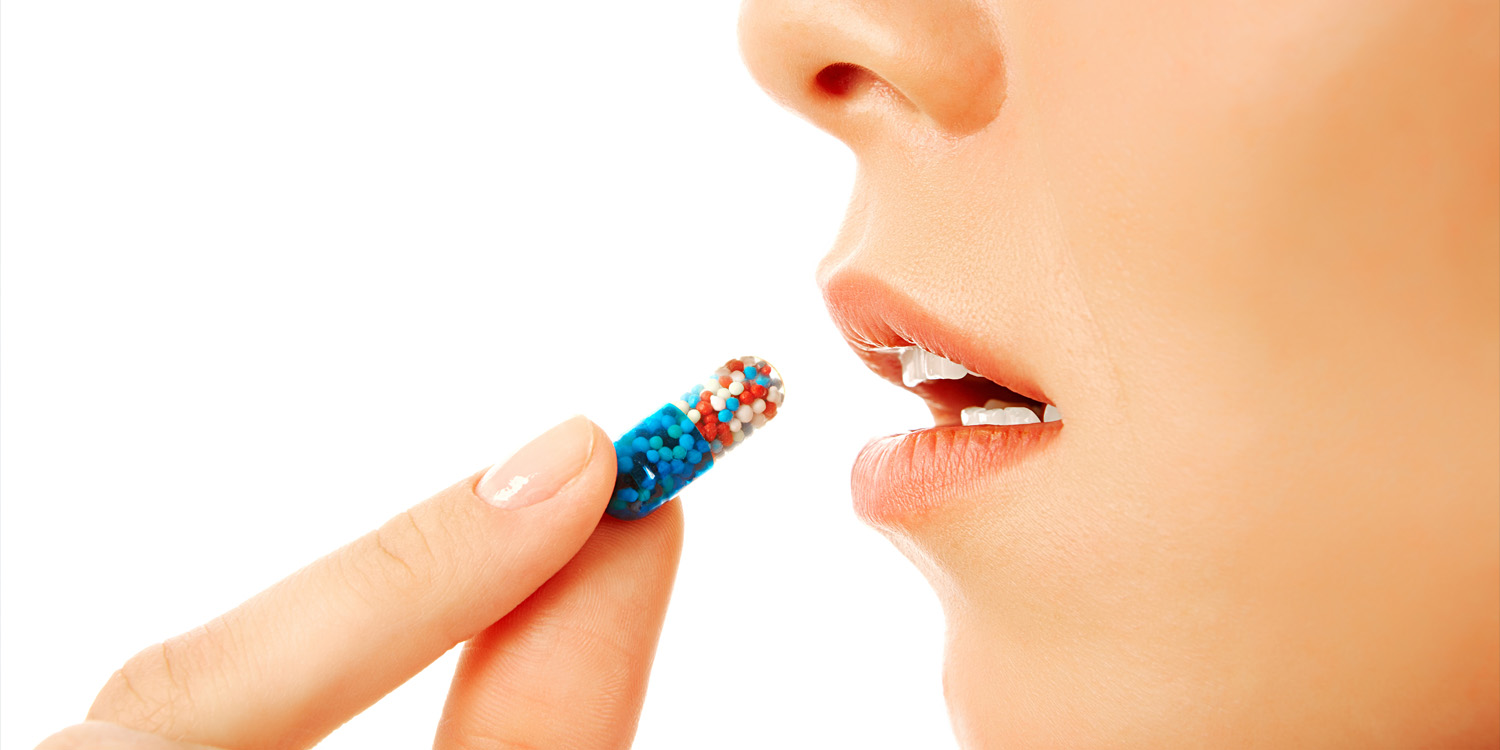Suplementos utilizados en la prevención y tratamiento en el cáncer, ¿qué tan recomendables son?
DOI:
https://doi.org/10.20983/cienciavital.2023.01.sal.03Resumen
Al hablar de cáncer nos hace pensar sobre aquella enfermedad incurable y que para algunos otros es una señal de muerte. Puede sonar muy alarmante lo dicho, puesto que quien vive de cerca esta enfermedad lo puede sentir así. No obstante, el cáncer hoy en día es una enfermedad que puede ser tratable, controlable y hasta curable. Esto puede estar implicado en el tipo de cáncer, la etapa en la que se encuentra, así como el tratamiento que se le dé al paciente. Sin embargo, pacientes por medio de su desesperación y miedo, tienden a buscar otras alternativas capaces de mejorar la probabilidad de supervivencia. Así mismo, hemos visto personas a las cuales, a pesar de no tener la enfermedad, desean prevenir que se presente ya sea porque lo han vivido de cerca (familiares, amigos y conocidos) y saben que cuando llega, llega a cambiar la vida completamente.
Citas
National Institute of Health, “Strengthening Knowledge and Understanding of Dietary Supplements,” 2023. https://ods.od.nih.gov/ (accessed Sep. 17, 2023).
R. L. Bailey, J. J. Gahche, P. E. Miller, P. R. Thomas, and J. T. Dwyer, “Why US adults use dietary supplements,” JAMA Intern Med, vol. 173, no. 5, pp. 355–361, 2013, doi: 10.1001/jamainternmed.2013.2299.
Instituto Nacional del Cáncer, “¿Qué es el cáncer?,” 2021. https://www.cancer.gov/espanol/cancer/naturaleza/que-es (accessed Sep. 17, 2023).
C. E. Childs, P. C. Calder, and E. A. Miles, “Diet and immune function,” Nutrients, vol. 11, no. 8, p. 1933, 2019, doi: 10.3390/nu11081933.
M. S. Donaldson, “Nutrition and cancer: A review of the evidence for an anti-cancer diet,” Nutr J, vol. 3, p. 19, Oct. 2004, doi: 10.1186/1475-2891-3-19.
A. C. Mamede, S. D. Tavares, A. M. Abrantes, J. Trindade, J. M. Maia, and M. F. Botelho, “The role of vitamins in cancer: a review.,” Nutr Cancer, vol. 63, no. 4, pp. 479–94, 2011, doi: 10.1080/01635581.2011.539315.
V. A. Moyer, “Vitamin, Mineral, and Multivitamin Supplements for the Primary Prevention of Cardiovascular Disease and Cancer: U.S. Preventive Services Task Force Recommendation Statement,” Ann Intern Med, vol. 160, pp. 558–564, 2014.
X. Zhang, B. Dai, B. Zhang, and Z. Wang, “Vitamin A and risk of cervical cancer: a meta-analysis.,” Gynecol Oncol, vol. 124, no. 2, pp. 366–73, 2012, doi: 10.1016/j.ygyno.2011.10.012.
D. M. Kopustinskiene, V. Jakstas, A. Savickas, and J. Bernatoniene, “Flavonoids as anticancer agents,” Nutrients, vol. 12, no. 2, 2020, doi: 10.3390/nu12020457.
J. H. Ko et al., “The role of resveratrol in cancer therapy,” Int J Mol Sci, vol. 18, no. 12, 2017, doi: 10.3390/ijms18122589.
M. Schaffer, P. M. Schaffer, J. Zidan, and G. B. Sela, “Curcuma as a functional food in the control of cancer and inflammation,” Curr Opin Clin Nutr Metab Care, vol. 14, no. 6, pp. 588–597, 2011, doi: 10.1097/MCO.0b013e32834bfe94.
Y. Shukla and M. Singh, “Cancer preventive properties of ginger: A brief review,” Food and Chemical Toxicology, vol. 45, no. 5, pp. 683–690, 2007, doi: 10.1016/j.fct.2006.11.002.
C. S. Yang and H. Wang, “Cancer preventive activities of tea catechins,” Molecules, vol. 21, no. 12, 2016, doi: 10.3390/molecules21121679.
C. Z. Wang, S. Anderson, W. Du, T. C. He, and C. S. Yuan, “Red ginseng and cancer treatment,” Chin J Nat Med, vol. 14, no. 1, pp. 7–16, 2016, doi: 10.3724/SP.J.1009.2016.00007.
S. P. Fortmann, B. U. Burda, C. A. Senger, J. S. Lin, and E. P. Whitlock, “Vitamin and Mineral Supplements in the Primary Prevention of Cardiovascular Disease and Cancer: An Updated Systematic Evidence Review for the U.S. Preventive Services Task Force,” Ann Intern Med, vol. 159, no. 12, pp. 824–24, 2013.
G. Serna-Thome et al., “Use of functional foods and oral supplements as adjuvants in cancer treatment,” Revista de Investigacion Clinica, vol. 70, no. 3, pp. 136–146, 2018, doi: 10.24875/RIC.18002527.
N. Keum, D. H. Lee, D. C. Greenwood, J. E. Manson, and E. Giovannucci, “Vitamin D supplementation and total cancer incidence and mortality: A meta-Analysis of randomized controlled trials,” Annals of Oncology, vol. 30, no. 5, pp. 733–743, 2019, doi: 10.1093/annonc/mdz059.
D. Feldman, A. V. Krishnan, S. Swami, E. Giovannucci, and B. J. Feldman, “The role of vitamin D in reducing cancer risk and progression,” Nat Rev Cancer, vol. 14, no. 5, pp. 342–357, 2014, doi: 10.1038/nrc3691.
C. Vernieri et al., “Diet and supplements in cancer prevention and treatment: Clinical evidences and future perspectives,” Crit Rev Oncol Hematol, vol. 123, pp. 57–73, 2018, doi: 10.1016/j.critrevonc.2018.01.002.
C. P. J. G. Wolf et al., “Complementary and alternative medicine (CAM) supplements in cancer outpatients: analyses of usage and of interaction risks with cancer treatment,” J Cancer Res Clin Oncol, vol. 148, no. 5, pp. 1123–1135, 2022, doi: 10.1007/s00432-021-03675-7.
M. Harvie, “Nutritional Supplements and Cancer: Potential Benefits and Proven Harms,” Am Soc Clin Oncol Educ Book, pp. e478-86, 2014.
C. A. Buckner, R. M. Lafrenie, J. A. Dénommée, J. M. Caswell, and D. A. Want, “Complementary and alternative medicine use in patients before and after a cancer diagnosis,” Current Oncology, vol. 25, no. 4, pp. e275–e281, 2018, doi: 10.3747/co.25.3884.
Gobierno de México, “Marco jurídico para suplementos alimenticios,” 2023. https://www.gob.mx/cofepris/acciones-y-programas/marco-juridico-para-suplementos-alimenticios
Autoridad Europea de Seguridad Alimentaria (EFSA), “Complementos alimenticios,” 2023. https://www.efsa.europa.eu/es/topics/topic/food-supplements#papel-de-la-efsa (accessed Sep. 17, 2023).

Publicado
Número
Sección
Licencia
Derechos de autor 2023 Ana Lidia Arellano Ortiz

Esta obra está bajo una licencia internacional Creative Commons Atribución-NoComercial-CompartirIgual 4.0.





